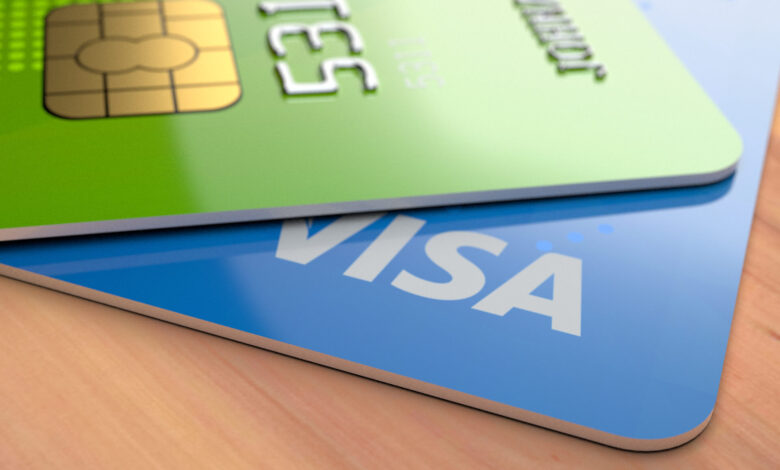Visa Expands Stablecoin Support Across Four Blockchains to Power Global Payments

Visa is expanding its footprint in digital payments by adding support for four new stablecoins across four different blockchains, as part of its ongoing effort to make money movement and payment settlements faster and more efficient across its global network.
During the company’s Q4 2025 earnings call on Tuesday, Visa CEO Ryan McInerney announced that the card network will now support multiple stablecoins representing two fiat currencies, which can be converted into over 25 traditional currencies worldwide.
Visa’s Growing Role in Stablecoin Payments
McInerney noted a surge in activity linked to digital assets, revealing that stablecoin-linked Visa card spending quadrupled year-over-year in Q4. Since 2020, Visa has facilitated more than $140 billion in crypto and stablecoin flows, including over $100 billion in purchases of crypto and stablecoin assets using Visa credentials.
The company now has over 130 stablecoin-linked card issuing programs in more than 40 countries, underlining its growing commitment to bridging traditional finance with blockchain-based payment rails.
Cross-Border Payments and Stablecoin Innovation
Visa’s push into stablecoins gained momentum earlier this year when it launched a pilot program to test stablecoin-powered cross-border payments, enabling businesses to send money abroad more quickly and efficiently.
The expansion comes amid regulatory clarity in the U.S. surrounding USD-pegged tokens, a development that has encouraged traditional financial institutions to embrace stablecoin-based settlements.
McInerney also revealed that Visa has begun enabling banks to mint and burn their own stablecoins, signaling the company’s ambition to play a key role in the next era of programmable finance.
“We are adding support for four stablecoins, running on four unique blockchains, representing two currencies,” McInerney said. “This enhances the flexibility of how payments are settled across our network.”
With this move, Visa continues to position itself at the intersection of blockchain technology and global payments, paving the way for faster, cheaper, and more transparent financial transactions.





